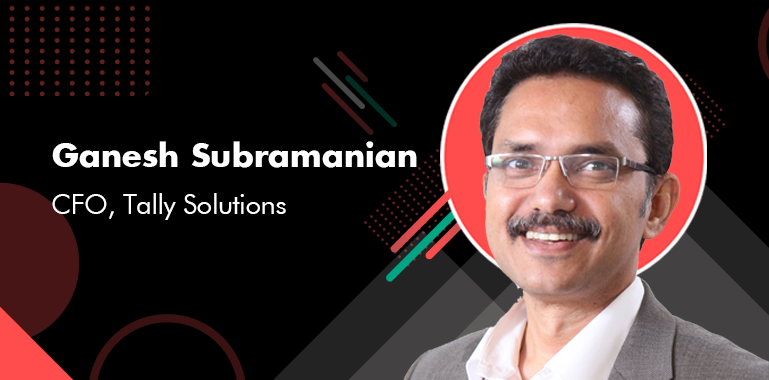Digital transformation has redefined the way we do business, with the intent of continuously delivering value and delighting our customers. It has become a successful “business strategy” rather than just a “technology strategy”, primarily fuelled by outflanking competition.
With the pandemic striking hard across the globe, the transformation was instantly accelerated changing the entire business landscape involving customers, vendors, stakeholders, etc, especially in the MSME community.
What was initially thought to be a long-term digital transition plan was achieved in a matter of months with businesses evolving dynamically to the changing circumstances.
Sectors such as financial services, education, healthcare, and consumer product companies were quick adaptors and lead the change.
The pandemic resulted in new customer behaviors emerging – 35% of Netflix subscribers use it for educational content, a decline in discretionary spending, polarization of sustainability, focus on health and hygiene, and preference for digital entertainment (Source: McKinsey & Company).
Indian companies have placed digital transformation as one of the top three priorities which earlier to the pandemic were looking at SaaS models/platforms as “nice to have” rather than as “must-have” investments.
Digital transformation begins and ends with customers, and customer delight is of utmost priority for any business. Customers being tech savvy and ahead in the digital curve has driven businesses to ensure their customers’ experience is seamless and delightful.
Finance as a function has involved the customer life cycle, from awareness to conversion to loyalty.
Data integration between finance and operations is the new age expectation and is reshaping the finance function with technology to create self-servicing, efficient operating systems, and processes, blend operational results with financial data points using advanced analytics, enhance timely decision-making with AI, etc.
Digital transformation in Procure-to-Pay(P2P) is no longer an option, but an inevitability. Creating a touchless environment by integrating e-procurement, e-invoicing, and e-payments is the way to go in driving an efficient and seamless P2P process with strong vendor relationship management. Digitally strengthening spend management ensures resource optimization, effective risk management, and support cash-flow planning and monitoring.
Digitization has been reshaping treasury management and this was propelled, thanks to the pandemic where liquidity, cash management, and forecasting became priorities for every business.
Digital treasury and banking minimize manual manipulation and expedite decision-making.
Businesses with efficient treasury management during the pandemic period were able to make better use of their working capital and manage risks with greater precision. Banking integration and automation providing contactless real-time financial information is the way forward.
We have been seeing proactive steps taken by the Government in digitalizing direct and indirect tax compliances, setting the tone for businesses to digitally transform themselves.
Automation of compliance promotes a high level of information security, the ability to track ownership at the transaction level, the accuracy of data points, on-demand reporting, and ease in the retrieval of relevant information for timely reporting and communication with government agencies.
Adopting technological solutions in compliance is pivotal to ensuring the smooth continuity of the business, managing compliance risk, and instilling confidence in all those concerned including stakeholders.
With digital transformation across processes, capturing and analyzing data into meaningful information and reporting the same to various stakeholders is the key.
The overwhelming variety and volume of financial and non-financial data are to be exploited to achieve value-driven reporting.
Real-time dashboards with integrated financial and operational data with effective trend-related data analysis, and behavioral patterns are critical for the success of any business to report beyond what is easily measurable to provide insights to understand drivers to derive long-term value.
The digital evolution that we have been witnessing is the testimony of the way forward and early adoption will enable businesses to be ahead of the curve, especially the MSME community as they face challenges of stronger competition, changing regulatory framework, and tighter margins.
Finance professionals should embrace this change and pioneer digital transformation in finance. Without a doubt, this will yield benefits of better customer experience, operational efficiencies, encourage innovation, improved decision-making, etc.
Ganesh S. | CFO, Tally Solutions
A business leadership professional with over 2 decades of experience, Ganesh has worked across multiple geographies and has proven expertise in strategic planning, M&As, fundraising, financial planning, taxation, investor relations, legal, contracts, and process automation. His domain knowledge and insights from a wide spectrum of industries including education technology, IT services, automotive, manufacturing, and financial services have helped him drive key operational changes at Tally.







